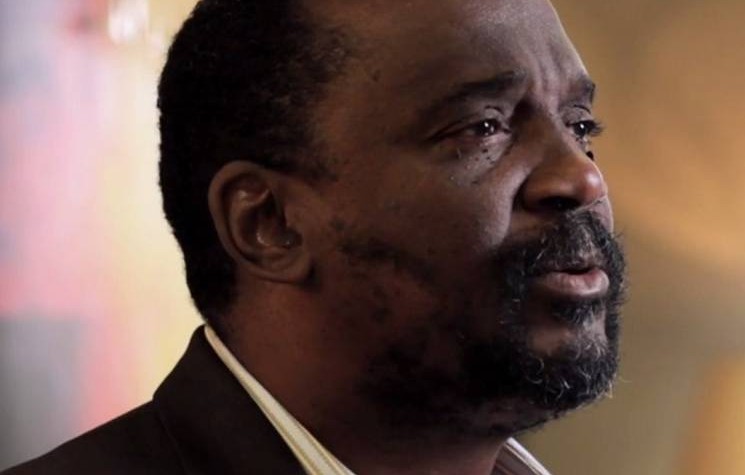Mwana Africa’s Kalaa Mpinga Remains Very Comfortable Operating In Zimbabwe

By Alastair Ford
There’ve been one or two changes at the top in Zimbabwe over the past few months, as the standard periodic shuffling of the deck in regimes like Robert Mugabe’s took place without too much kerfuffle.
A senior minister that was ousted claimed that the ruling Zanu PF party was behaving “undemocratically”, which raised a few eyebrows amongst the community of exiled white farmers. But apart from that it’s been business as usual.
Certainly, for the junior miners in the country, who as far as possible try to stay out of politics, the operating environment remains fairly stable. Mwana Africa is a case in point. The company has the potential to become one of Zimbabwe’s most significant earners when and if it gets the Bindura nickel smelting and refining operation back up and running.
But in the meantime, it’s been doing very nicely out of selling nickel concentrate from its Trojan mine and gold from its Freda Rebecca mine.
“From a financial point of view the company is doing fairly well”, says Kaala Mpinga, the company’s long-standing chief executive. “I think we’ve moved away from the situation three years ago, when we were a gold company that produced a bit of nickel. This year we are clearly being driven by nickel. Almost 60 per cent of our profits are derived from our nickel operations.”
The figures he’s referring to are partly historic, as the most recent financials relate to the six months to September 2014 when the company showed a profit after tax of US$7.7 million on revenues of US$84.9 million.
The nickel price has dropped around US$2.00 per pound since then, but the minutiae of Mwana’s off-take deal with Glencore make the pricing of the Trojan product a slightly more complex affair.
“Bindura gives a very consistent, stable recovery”, says Kalaa. “Our recoveries on nickel are lower than they were, but that’s a conscious decision. The higher the recovery, the higher the MGO content, and the financial benefits of losing on the recovery far outweigh the penalties of losing on the MGO. The mills and the concentrator are doing well. What we need to do is push volumes.”
That, says Kalaa, is the way to increase the bottom line in the immediate term. Longer-term though, the real plan is to restart smelting operations at Bindura which, for a long time, was a flagship Anglo American operation. The company is currently in the final stages of raising a US$20 million bond to finance that restart, and at the last count that was due to close on 23rd January.
The financial incentives for Mwana to run its own smelting operation are pretty clear. Currently the company is spending around US$800,000 per month on transport alone. And the peculiar nature of the Glencore contract means that when the nickel price goes up, costs go up too, so the upside is limited.
All eyes will now be on whether the company can get that bond closed off. There’s not much optimism around at the moment in the junior mining space, but in spite of the recent price weakness there are some nickel bulls still around. At Macquarie Bank the view is that since there is more nickel being used than there is nickel being mined, the price will rise again at some stage. Inventory levels and their depletion will play a part in the timing of that, but it seems that Mwana does have a fundamental case to support the Bindura restart.
Meanwhile, Freda Rebecca keeps churning out the gold. Just over 30,000 ounces were sold in the period to the end of September, delivering a profit of nearly US$3 million before tax. That was down on the corresponding period in the previous year, as production dipped due to issues with the plant and the realised price was five per cent lower. Nonetheless, Freda Rebecca remains a good cash cow for the company and has now built up a track record of steady reliability over many years.
When all is said and done though, Mwana’s share price hasn’t exactly been soaring away, which brings us back to Zimbabwe. This, reckons Kalaa, is a matter of perception.
“I’ve worked all over Africa”, he says. “Zimbabwe is the best. The labour is good. The VAT is good.” The privileged nature of the company’s proposed bond, which will be allowed equivalent status to government debt, was debated at cabinet level. “I think it was dealt with in a remarkable manner”, says Kalaa. “There were no bribes and no suggestion of bribes. The whole thing was straightforward.”

Comments (0)